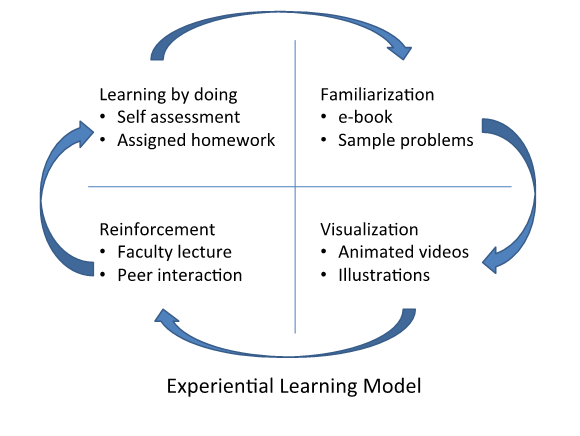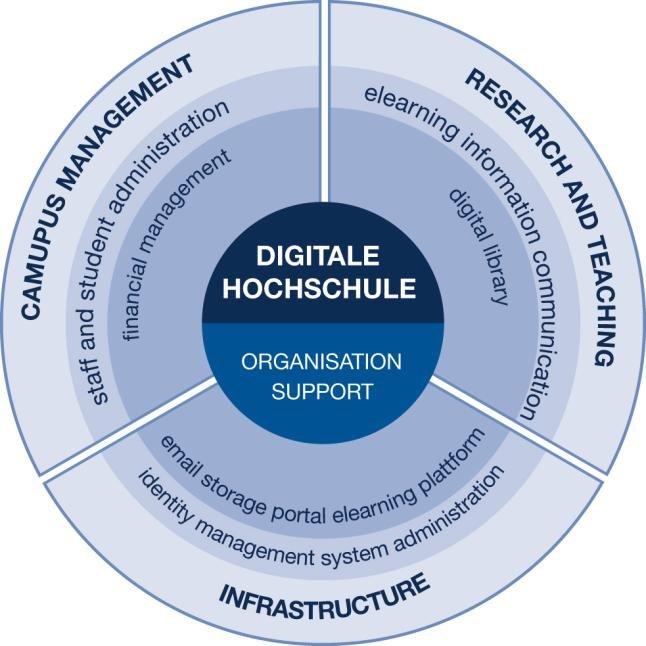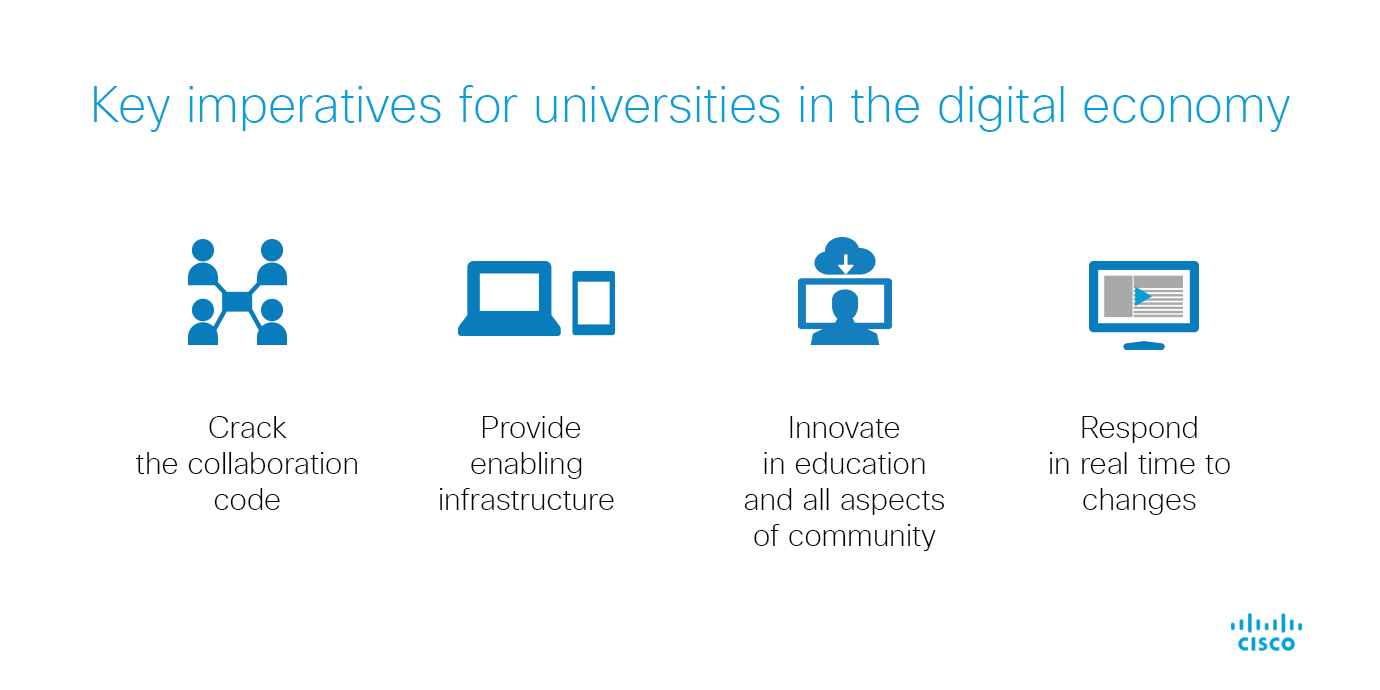Abstract
The work is devoted to the role of a regional university in the emerging digital economy. The issue of improving the education system, which should provide the digital economy with competent personnel, has become urgent. A transformation of the labor market is needed, which must be based on the requirements of the digital economy. Hence, the priority is the issue of creating a motivation system for the development of the necessary competencies and the participation of personnel in the development of the digital economy of Russia. The development of the digital economy presupposes the development of the digitalization level of society, hence it is obvious that the formation of a digital space is impossible without the active participation of the university, especially at the regional level. The main economic function of a regional university is supporting a regional talent fund, providing regional labor markets that create new jobs with high-quality human capital. The paper discusses the formation of a model of a “digital university”. The development of a regional university to a greater extent should depend on the requirements of the regional economy, and the need to produce a specific resource of the region. This can significantly change the map of education in the region. It is assumed that the digital university model should consist of four blocks: a university management information system, online support for the educational process, the key competencies of the digital economy and educational process management based on an individual educational path.
Keywords: Higher educationdigital economyreformschallenge for universityregional university
Introduction
With the onset of the fourth economic revolution, all sectors of the economy are undergoing a digital transformation. Education, as a public good, is no exception, despite its inertness and even ossification. Computer IT technologies give a new quality to public and private life, both opening up new opportunities and at the same time creating new challenges. Technology, the rhythm of life, business activity have accelerated so much that the set of competencies acquired at the university “burns out” within three to four years, and you need to be prepared for the fact that the individual often has to radically change his profession or terms of reference (Krasikova, 2011).
In 2017, the Government of the Russian Federation developed and approved a program to create the conditions for the country's transition to the digital economy (Strategy for the Development of the Information Society of the Russian Federation, 2017).
The issue of improving the education system, which should provide the digital economy with competent personnel, has become urgent. A transformation of the labor market is needed, which must be based on the requirements of the digital economy. Hence, the priority is the issue of creating a motivation system for the development of the necessary competencies and the participation of personnel in the development of the digital economy of Russia.
Problem Statement
The Strategy for the Development of the Information Society of the Russian Federation for 2017–2030, approved in Russia, defines the digital economy as follows: “The digital economy is an economic activity in which the key factor in production is digital data, the processing of large volumes and the use of analysis results which Compared with traditional forms of management, they can significantly increase the efficiency of various types of production, technologies, equipment, storage, sales, delivery of goods and services.”
The development of the digital economy presupposes the development of the digitalization level of society, hence it is obvious that the formation of a digital space is impossible without the active participation of the university, especially at the regional level (Dneprovskaya, 2018).
The main economic function of a regional university, in our opinion, is supporting a regional talent fund, providing regional labor markets that create new jobs with high-quality human capital.
The development of a regional university with a favorable approach should lead to dramatic changes in regional work and the organization of society, and affect the problem of solving regional inequality (which will be discussed in further studies). The main goal of the system remains education, however, the specificity of the modern education paradigm is to teach not to transmit knowledge, but to learn the ability to generate knowledge.
These ongoing processes are becoming a challenge for higher education.
Research Questions
The review of domestic scientific literature on the issues of transformation of the higher education system in the digital economy showed the following. There is a certain drawback in the study of a regional university in the context of the digital economy. Basically, the literature discusses the issue of reforming the education system as a whole, or the university as its key element.
It seems to us that this is a significant drawback in the study of this problem.
The development of a regional university to a greater extent should depend on the requirements of the regional economy, and the need to produce a specific resource of the region. This can significantly change the map of education in the region. As part of the restructuring of the digital economy, a situation will come when the “redundancy” of some of the acquired specialties that are not in demand in the regional economy will lead to a reduction in these, which means we can get a restructuring of the organization of work of higher educational institutions in the region, and best of all, of course, it will be made in an evolutionary way, not revolutionary. However, the correlation of the specifics of the regional economy and its needs with the potential of the regional scientific and educational system is necessary in the framework of the formation of the human (intellectual) potential of the region.
Separately, we would like to note the studies of the Higher School of Economics related to the problem under study. This is a huge array of statistical information on the digital economy and role of education in it, which, of course, help researchers of the stated problems (Tulchinsky, 2017).
Purpose of the Study
The new “wave of digitalization" is associated with the adoption of the national project "Education", in which a series of large-scale changes is planned. Recently, to indicate the understanding of “the university of the future”, the “Universities 3.0” are often used. The proposed concept considers universities not only as educational and scientific centers, but also as places for the creation and implementation of technological solutions for business in the economy.
It should be noted that this concept of university development is very different from traditional ideas about the institution of higher education in the national education system. It is about creating an integrated entrepreneurial ecosystem on the territory of the university. In general, it is worth noting that European practice has already created diverse and effective models of cooperation between business and universities, the elements of which are already used in the practice of Russian universities (Sundukova, Bobyleva, & Derevyagina, 2019).
The presented article reflects only part of the study, carried out as part of a grant from the Academic Council of INRTU, dedicated to the transformation of the university in the digital economy.
Research Methods
First of all, statistical data processing methods were used in the work. They were taken from proceedings compiled by the Higher School of Economics; for example, a brief statistical digest “Digital Economy–2019” (Digital Economy–2019, 2019) is considered.
The research methodology is mainly aimed at interpreting and combining individual results of statistical studies, since a comprehensive statistical survey of the digitalization of education in the regions, based on the specifics of the economic structure, has not yet been carried out. The factual basis of the study is the data of official statistics and universities. As additional information sources, official government data was used regarding the development of digital education (Analytical Center of the Government of the Russian Federation, 2019).
Findings
Recently, the proposed concept of a “digital university” considers universities not only as educational and scientific centers, but also as places for the creation and implementation of technological solutions for business in the economy.
It should be noted that this concept of university development is very different from traditional ideas about the institution of higher education in the national education system. We are talking about creating an integrated digital entrepreneurial ecosystem on the university’s territory. In general, it is worth noting that European and American practice has already created diverse and effective models of cooperation between business and universities, the elements of which are already used in the practice of Russian universities. Figure

The development of digital university models is provided for by the “Personnel for the Digital Economy” direction of the state program “Digital Economy”. The performance indicators laid down in the program stipulate that by 2024 universities will graduate 120 thousand people a year in areas related to information and telecommunication technologies. And 800 thousand graduates a year should have competencies in the field of information technology at the global average level.
The Ministry of Science and Higher Education held the first contests for the provision of grants to create a digital ecosystem in universities in the second half of 2019. In 2019, money was allocated for the work of five centers, in 2020, for the work of another 15 centers. The grant amount is up to 100 million rubles (Analytical Center under the Government of the Russian Federation, 2019).
It is assumed that special attention should be paid to the development and development of digital education technologies in corporate training when developing a university strategy and a digital university program, where the university is given the role of not only an executor, but also a guide in the development of postgraduate education.
A “digital university” is not just a university that has implemented any digital technologies, but a university that has launched a digital transformation process within itself, as shown in Figure

It is assumed that the digital university model should consist of four blocks. This is a university management information system, online support for the educational process, the key competencies of the digital economy and educational process management based on an individual educational path. It is assumed that just such an infrastructure model is able to meet the needs of society in personnel of the “new format” in the digital economy (Figure

It is impossible without a systemic restructuring of the economic infrastructure of the state. Hence, advanced universities (not only at the federal level, but also regional ones) should be included as active participants in the development of the Digital Economy Strategy 2024, as actors in the market for generating and transmitting new knowledge, skills and abilities.
In addition, as part of the implementation of the research function of the university, it is necessary to use the university resource base for the development of forecasting projects, and to participate in foresight sessions in technological areas for the development of the digital economy and the digital university as an active actor in this space.
Conclusion
Obviously, universities have a huge role to play in the training process in the digital economy. In the case of a regional university, its transformation requires the university’s interaction not only with federal and regional authorities, and society as such, but also with the business community, not only as a customer, but also as a full-fledged partner.
In the face of uncertainty, the only thing that will help to quickly reorient and prepare specialists for the tasks of a particular moment will be a high-quality higher education, which will train not narrow-focused and currently demanded specialists, but will form a universal base on the basis of which people can quickly retrain in accordance with yet unknown requirements of the future. The main question is how today you can change the working environment of a regional university in order to take the first steps to digital transformation. This serves as a motivation for further research within the framework of the problem posed.
Acknowledgments
The work was carried out under the grant of the Scientific Council of INRTU “Research and education center “Digital Economy” from 2019.
References
- Analytical Center under the Government of the Russian Federation. (2019). Retrieved from: http://ac.gov.ru/events/021511.html
- Basaev, Z. V. (2018). Digitalization of the economy: Russia in the context of global transformation. World of new economy, 4, 32–59.
- Dneprovskaya, N. V. (2018). Assessment of the readiness of Russian higher education for the digital economy. Statistics and Economics, 15(4), 16-28.
- Itinson, C. S. (2019). Modern universities: features of creation and development. Reg. Bulletin, 17(32), 36–38.
- Krasikova, T. Yu. (2011). Innovations in higher education. Bulletin of Irkutsk State Technical University, 9(56), 192–195.
- Larionova, V. A., & Karasik, A. A. (2019). Digital Transformation of Universities. Notes on Edcrunch Ural Global Conf. on Technol. in Ed. “University Management: Practice and Analysis”. 3(23) (pp. 130–135).
- Mikhailova, E. G., Shekhonin, A. A., Eliseeva, O. V., & Egorova, O. B. (2019). Digital Culture at ITMO University. Modern ed.: content, technology, quality, 1, 20–23.
- Peshkova, G. Yu., & Samarina, A. Yu. (2018). Digital economy and human resources: strategic interconnection and prospects. Ed. and sci., 10, 50–73. Retrieved from:
- Sundukova, G. M., Bobyleva, N. V., & Derevyagina, L. N. (2019). University strategic management in the digital economy. Bulletin of Eurasian science, 3, 15–30.
- Tulchinsky, G. L. (2017). Digital transformation of education: the challenges of the higher school. Philosophical Sciences, 6, 121-136.
Copyright information

This work is licensed under a Creative Commons Attribution-NonCommercial-NoDerivatives 4.0 International License.
About this article
Publication Date
07 December 2020
Article Doi
eBook ISBN
978-1-80296-095-2
Publisher
European Publisher
Volume
96
Print ISBN (optional)
-
Edition Number
1st Edition
Pages
1-833
Subjects
Management, human resources, resource efficiency, investment, infrastructure, research and development
Cite this article as:
Krasikova, T. Y., Petrov, A. V., & Petrov, P. A. (2020). Regional University In Digital Economy. In A. S. Nechaev, V. I. Bunkovsky, G. M. Beregova, P. A. Lontsikh, & A. S. Bovkun (Eds.), Trends and Innovations in Economic Studies, Science on Baikal Session, vol 96. European Proceedings of Social and Behavioural Sciences (pp. 361-367). European Publisher. https://doi.org/10.15405/epsbs.2020.12.47

